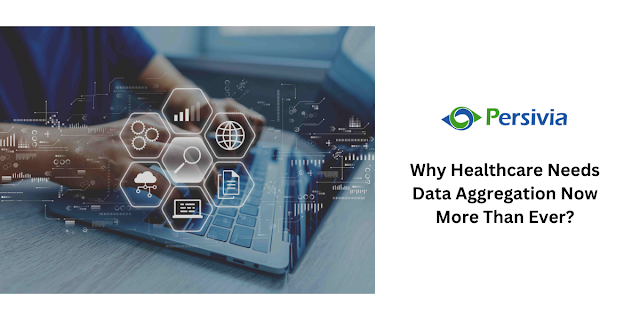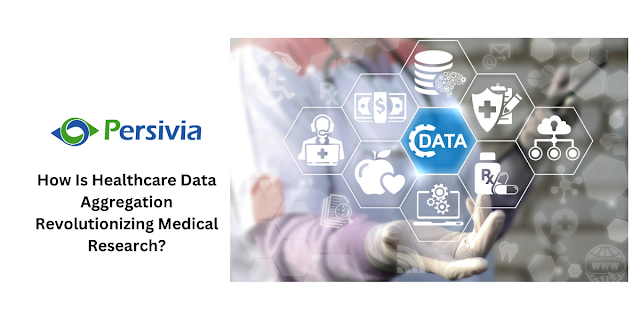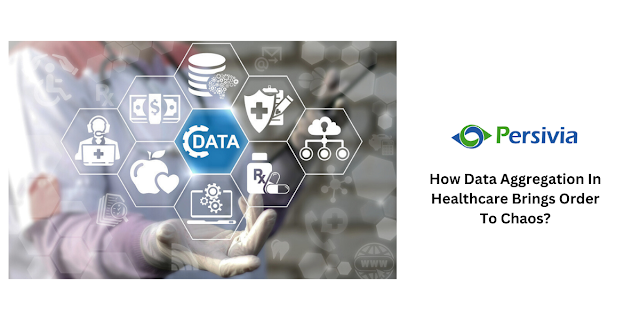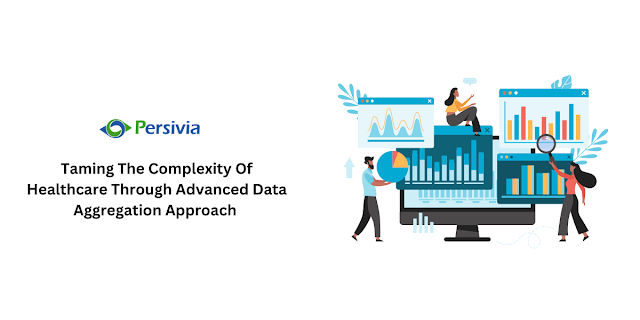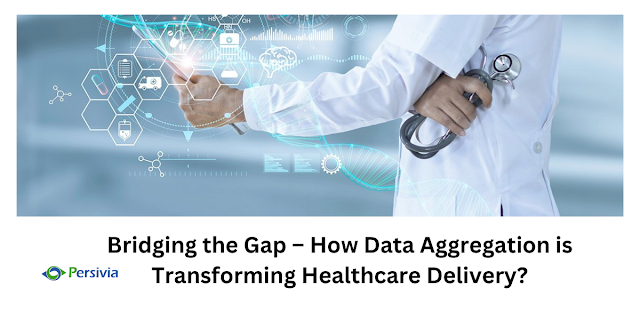How Does a Healthcare Data Platform Organize Medical Records?
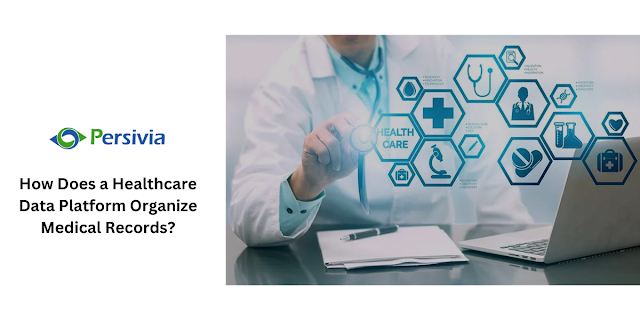
Managing medical records effectively is vital for providing top-notch patient care. Healthcare Data Platform has emerged as invaluable tools for healthcare providers, streamlining the process of handling vast amounts of data. These are thorough systems created to gather, organize, and store data from numerous sources. Further, these platforms are essential in today's data-driven healthcare landscape, where the volume of information generated daily is staggering. Let's examine these platforms' operations in more detail. Healthcare Data Platform: A Complete Solution Healthcare Data Aggregation: This platform is intended for Data Aggregation in Healthcare from a variety of sources, including wearable technologies, medical devices, and electronic health records. Structured and Unstructured Data: These platforms can handle both organized and unstructured data, including clinical notes and medical imaging as well as patient demographics and test res...
